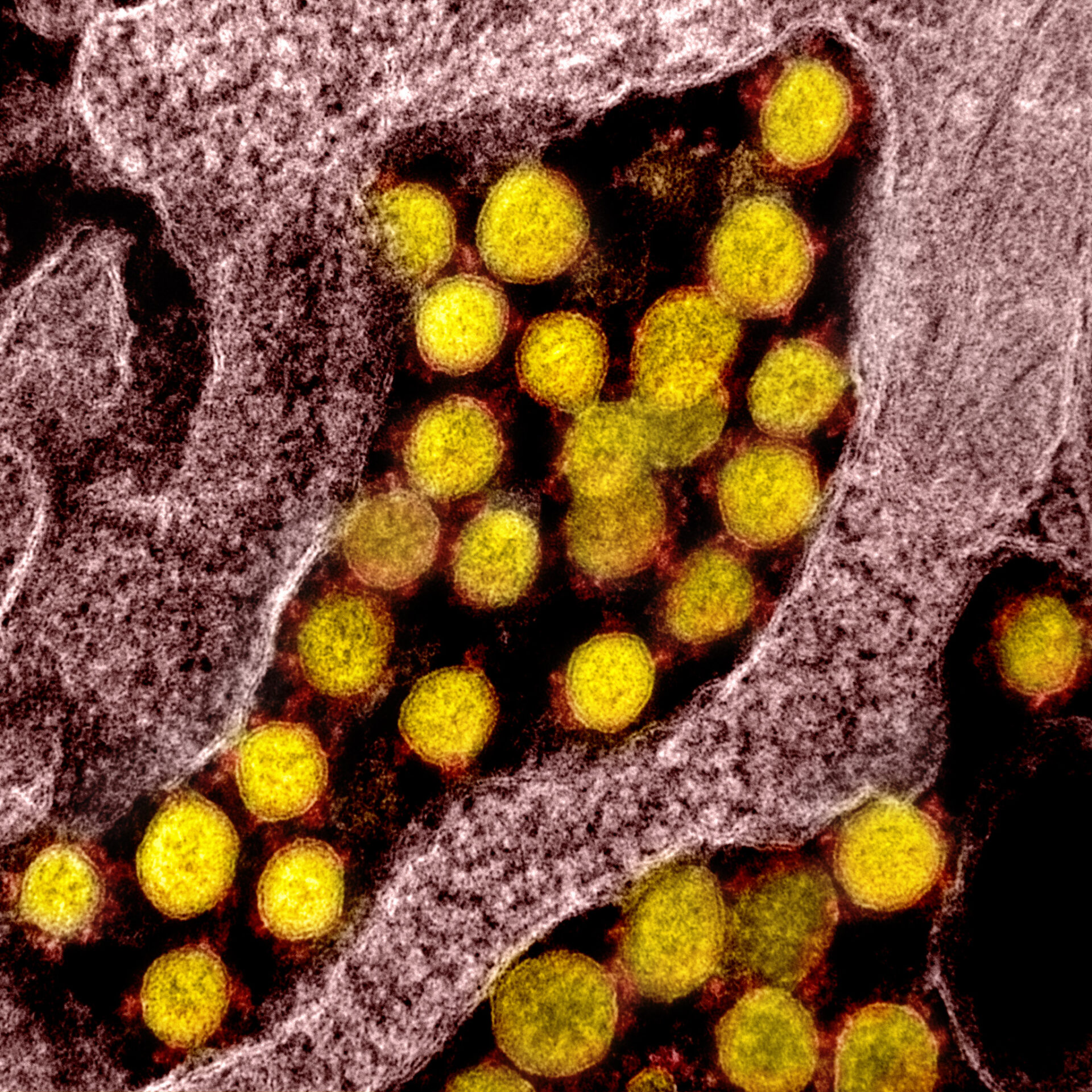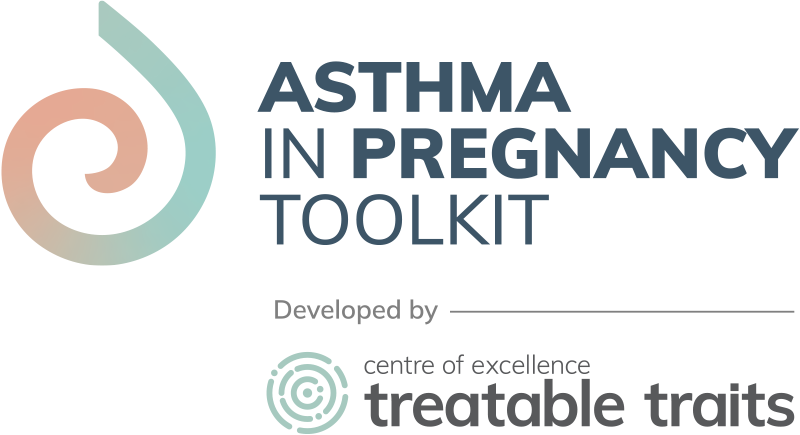Is pregnancy a risk factor for severe acute COVID19?
Unlike what has previously been described with influenza, pregnancy itself is not associated with a heightened risk of either severe disease or mortality with COVID-19. The reasons for this are unclear but may in part relate to the partial protection that is provided through younger age and female sex.
However, of relevance to pregnant women, there is an increased risk associated with obesity, diabetes and poorly controlled asthma that has required the use of oral corticosteroids.
Evidence: Observational studies, Systematic reviews and meta-analyses
There have been a large number of observational studies that assess risk of severe acute COVID-19 and mortality associated with acute infection.
In a systematic review (Li et al. 2021)that included studies of laboratory confirmed SARS-CoV-2 infection, the investigators identified 212 articles that assessed outcomes in 281,461 individuals for meta-analysis. They found that 22.9% (95% confidence interval (CI) 13.3 to 36.5%) developed acute severe disease. Risk factors for severe disease included older age, male sex and chronic diseases, pregnancy was not identified as an independent risk factor. They found an overall mortality of 5.6% (95% confidence interval 4.2 to 7.5) with similar risk factors as for severe disease, again pregnancy was not identified.
They did go further to specifically identify studies associated with pregnancy, they found 9 studies comprising 305 pregnant women. They demonstrated a pooled proportion of patients requiring ICU admission of 6.9% (95%CI; 2.5 to 18). The pooled proportion of preterm delivery was 26.8% (95%CI 13.99 to 45.2). Fetal loss was 4.6% (95% CI1.9 to 10.5). Six studies identified 43 patients with obstetric complications, these included pre-eclampsia, premature rupture of membranes, and pregnancy induced hypertension (Li et al. 2021).
An important question, especially with regard to pregnancy, is whether this risk is influenced by geography and is equal in the developed or developing world. This was assessed in another meta-analysis (Thakur et al. 2021) that analysed outcomes comparing studies from Latin America, Europe North America and Asia. 120 studies of 125,446 patients were included but once again, this meta-analysis failed to identify pregnancy as an independent risk factor for acute severe disease or mortality.
Even when risk factors were broken down by age, a smaller systematic review of 29 studies and 4884 patients still failed to identify pregnancy as a risk for acute severe disease or mortality again emphasising the heightened risk of male sex and chronic disease (Rahman et al. 2021).
The largest of the single observational studies, the UK based OpenSAFELY study assessed 17,278 392 primary healthcare records of COVID-19 linked to 10,926 COVID-19 related deaths (Williamson et al. 2020). The study assessed mortality risk and found this to be associated with being male, older age, social deprivation, obesity and having chronic diseases. However of potential relevance for pregnant women, there was a dose response and strong association with increasing obesity that was identified particularly in those less than 55 years old. They also demonstrated that chronic respiratory disease was independently associated with mortality; this included asthma but only where there had been the recent use of oral corticosteroids, linking this risk to poor asthma control.
A Danish study reported risk factors for SARS-CoV-2 infection and COVID-19 hospital admission among pregnant women between March and October 2020. 418 women had SARS-CoV-2 infection detected by PCR, or the presence of antibodies, with symptoms.
Pre-existing maternal asthma was associated with twice the odds of infection (OR 2.19, 95%CI 1.41, 3.41) and 4.5 times the odds of hospital admission for COVID-19 (OR 4.53, 95% CI 1.39, 14.79). The study used registry data to define maternal characteristics including asthma (Aabakke et al. 2021).
Another study, from New York City, found that pregnant women with asthma or other respiratory diseases were more likely to have severe COVID-19 (21.3%), compared to women without this history (7.0%); however this was not significant after adjustment for confounding factors. Only maternal smoking remained a significant predictor of severe disease after adjustment (Limaye et al. 2022). A systematic review of 192 studies of COVID-19 in pregnancy found that any pre-existing maternal co-morbidity (not specified whether asthma was included) was associated with an increased odds of severe COVID-19 disease (OR 1.81, 95% CI 1.49, 2.20)(Allotey et al. 2020).
What happens if you are pregnant and get COVID-19?
The impact of acquiring COVID-19 during pregnancy is associated with increased risk for both mother and baby, though this risk is strongly influenced by the severity of acute disease.
A systematic review and meta-analysis of observational studies published up to January 2021 assessed outcomes in those with confirmed COVID-19 and who were pregnant at the time (Wei et al. 2021). This included 42 studies of 438,548 pregnant women. Compared to those with no infection, COVID-19 was associated with an increased risk of pre-eclampsia: (Odds ratio(OR) 2.11 95%CI; 1.14 to 3.90), preterm birth (OR 1.82, 95%CI; 1.38 to 2.39) and stillbirth (OR 2.11, 95%CI 1.14 to 3.90). These risks however were strongly modified by the presence of severe disease; with the risk increasing for pre-eclampsia (OR 4.16, 95% CI; 1.55 to 11.15), pre-term birth (OR 4.29, 95%CI; 2.41 to 7.63), gestational diabetes (OR 1.99, 95%CI; 1.12 3.64) and and low-birth-weight (OR 1.89, 95%CI; 1.14 to 3.12)(Wei et al. 2021).
These findings were similar in the largest of the cohort studies, that was a population-based UK cohort of 342,080 women with singleton births, of whom 3527 had laboratory confirmed COVID-19 (Gurol-Urganci et al. 2021). COVID-19 was more common in women who were younger, of non-white ethnicity, primiparous, or residing in socially deprived areas. There was an increased risk of fetal death (adjusted OR 2.21, 95%CI; 1.58 to 3.11), preterm birth (adjusted OR, 2.17, 95%CI; 1.96 to 2.42). There was an increased risk of pre-eclampsia or eclampsia (adjusted OR 1.55, 95%CI; 1.292 1.85), birth by emergency caesarean section (adjusted OR, 1.63, 95%CI; 1.51 to 1.76) and more prolonged maternal admission after birth (adjusted OR, 1.57, 95% 1.44 to 1.72). There was an increased risk of neonatal adverse outcomes (adjusted OR 1.45, 95%CI; 1.27 to 1.66), this included the need for specialist care and prolonged neonatal admission after birth. However, when the analysis was restricted to pregnancies delivered at term there were no significant differences in neonatal adverse outcomes, except prolonged admission following birth (Gurol-Urganci et al. 2021).
Hospital protocols may be modified in the case of birth for a COVID-19 positive woman and will vary based on the local situation.
View further information for pregnant women which has been developed by the Royal Australian and New Zealand College of Obstetrics and Gynecology (RANZCOG)

